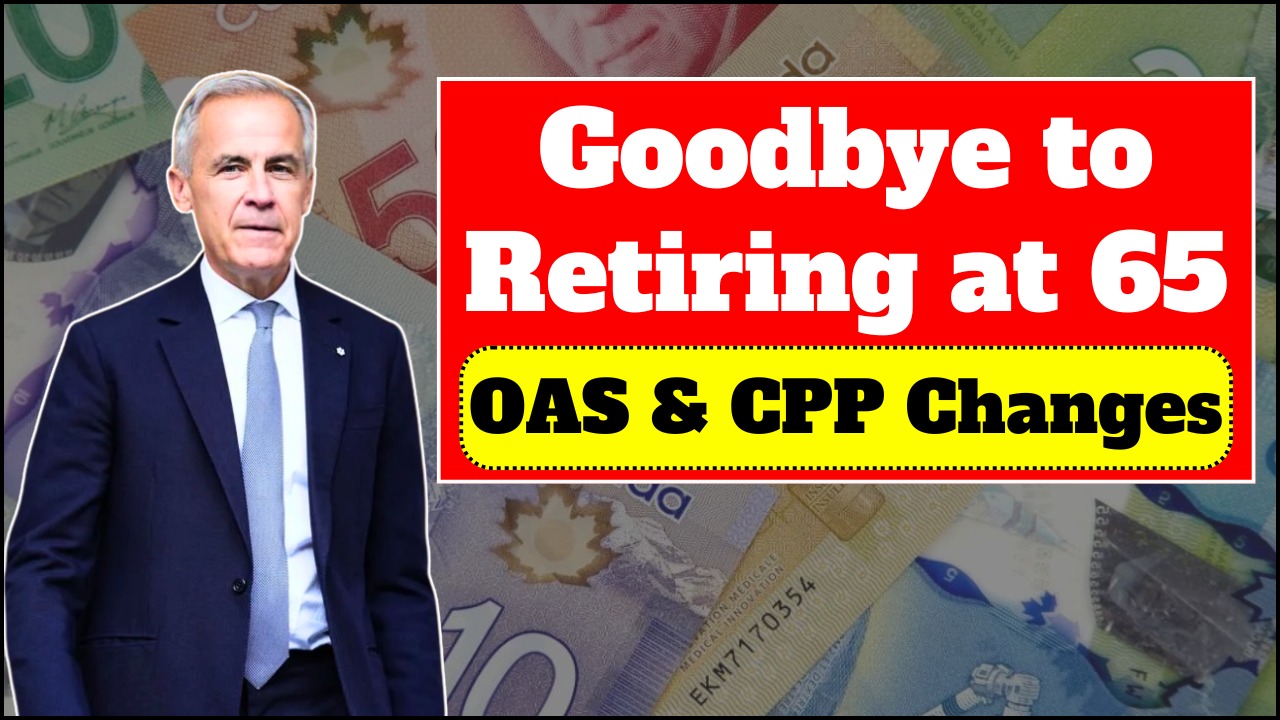Canada is taking a significant step toward improving worker pay as living costs continue to rise. The Canada Hourly Wage Increase 2025 is designed to ensure fair compensation, boost purchasing power, and strengthen the financial security of hourly workers across the country. This adjustment isn’t just about numbers—it reflects the government’s commitment to economic fairness and the well-being of Canadians.
Canada Hourly Wage Increase 2025
Inflation, rising housing costs, and everyday expenses have put pressure on many Canadian households. By increasing minimum wages, the government is aiming to:
- Reduce income inequality
- Improve quality of life for workers
- Support families dependent on hourly income
- Encourage financial independence among students and seniors still in the workforce
This wage adjustment will provide direct benefits for millions of Canadians who rely on hourly jobs to make ends meet.
Overview
| Organization | Federal & Provincial Labor Authorities |
|---|---|
| Managed By | Government of Canada |
| Program Name | Minimum Wage Increase 2025 |
| Country | Canada |
| Current Minimum Wages | Ontario $16.55, Alberta $15.00, Quebec $15.75 |
| Effective Date | From October 2025 |
| Beneficiaries | Hourly workers, students, low-income earners |
| Category | Canada Finance |
| Official Website | www.canada.ca |
The wage increase ensures that Canadians can keep pace with rising costs while gaining added financial stability.
Eligibility Criteria
The wage boost is most meaningful for hourly workers, low-income earners, students, and seniors still in the workforce. Families can use the higher earnings to cover essentials like:
- Rent or mortgage
- Groceries
- Utilities
- Childcare expenses
By receiving better pay, workers gain independence, reduce reliance on government aid, and improve overall financial stability.
Provincial Minimum Wage Rates Before the Adjustment
| Province | Hourly Rate (Before October 2025) |
|---|---|
| Ontario | $16.55 |
| British Columbia | $17.40 |
| Alberta | $15.00 |
| Quebec | $15.75 |
| Nova Scotia | $15.00 |
| Saskatchewan | $14.00 |
These numbers highlight the disparities across provinces, which the new adjustments aim to reduce, setting a higher and more consistent standard nationwide.
Government Role and Economic Impact
The federal government, along with provincial authorities, continuously monitors inflation, living costs, and labor trends. Raising minimum wages is part of a larger strategy to:
- Provide fair pay
- Boost consumer spending
- Reduce poverty
- Strengthen Canada’s workforce and economy
While some businesses may initially face higher labor costs, the overall economic effect is expected to be positive, with increased consumer purchasing power supporting industries such as retail, hospitality, and services.
Challenges and Criticism
Though widely welcomed, some critics raise concerns:
- Businesses may raise product prices to offset wage increases
- Housing affordability remains a challenge
- Regional disparities could persist despite adjustments
Still, most experts agree that fair wages are a crucial step toward economic equity and a healthier labor market.
How Workers Can Prepare
To maximize the benefits of the wage increase, hourly workers should:
- Stay updated on provincial minimum wage changes
- Review pay stubs to ensure correct rates
- Update personal budgets and plan for savings
- Monitor CRA or provincial labor board announcements if working in federally regulated industries
Long-Term Benefits for Canada
Economists expect the wage increase to provide long-term economic advantages:
- Higher consumer spending due to increased earnings
- Strengthened industries such as retail, hospitality, and services
- Reduced income inequality
- A more sustainable, motivated workforce
This adjustment represents a strategic effort to align wages with the cost of living and create financial security for all Canadians.
Key Takeaways
The Canada Hourly Wage Increase 2025 is more than a number—it’s a commitment to improve living standards, reduce inequality, and enhance economic fairness. With higher wages, Canadians gain stronger financial footing while the nation strengthens its labor market.
FAQs
Q. Who qualifies for the Canada Hourly Wage Increase 2025?
Hourly workers, students, low-income earners, and seniors still working are eligible.
Q. Where can I check updated wage rates in my province?
You can view official updates at Canada.ca – Labour Standards.
Q. Does this increase affect federal benefits or taxes?
No direct effect, but higher earnings may influence income tax and eligibility for certain benefits.




